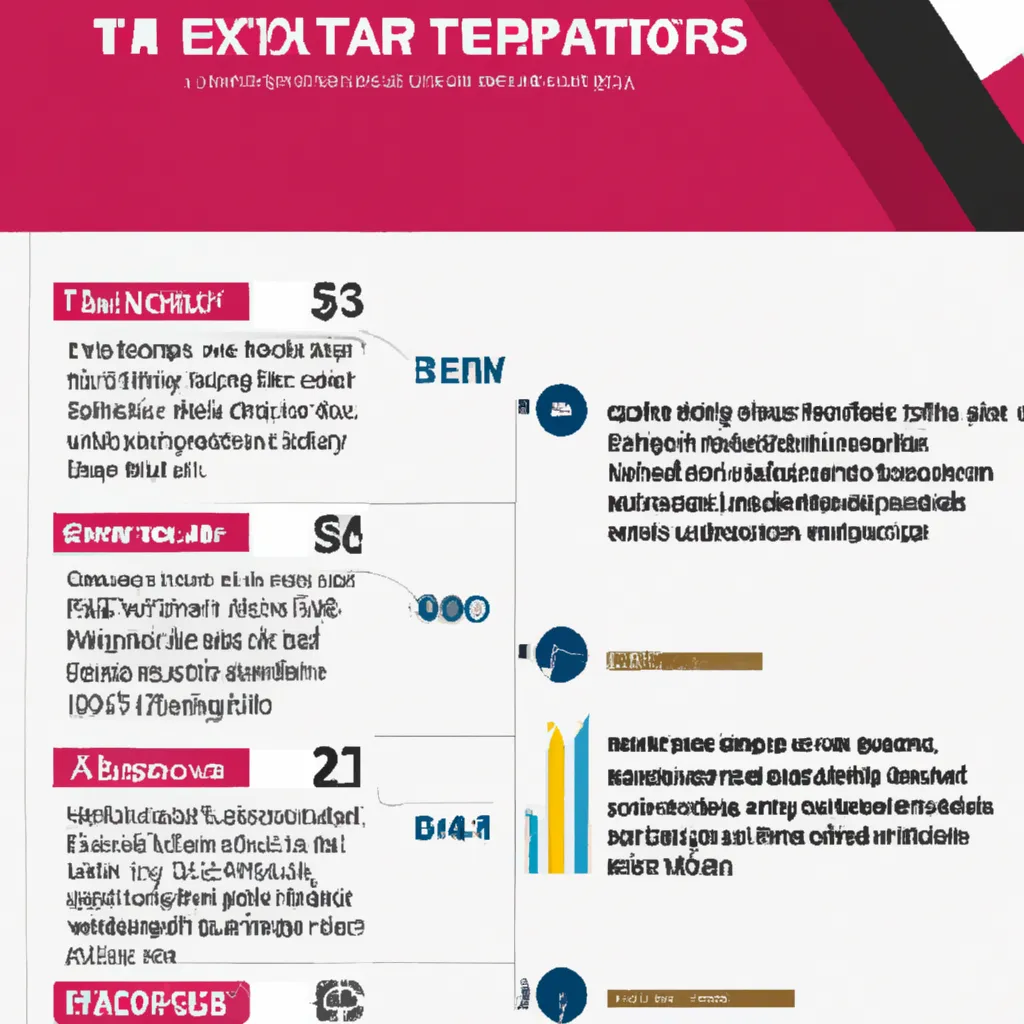International Tax Competitiveness Index 2022

Skip to content Launch 2023 Index Note: Each year we review and improve the index methodology. Therefore, previous editions are incomparable to the results in this 2022 edition. All data and methodology notes are available in our GitHub repository. Below are summaries of 2022. Click the download button above to get the full report.
Introduction
The structure of a country's tax code is a determining factor in its economic efficiency. A tax code designed to meet the economic needs of taxpayers can promote economic development by providing sufficient revenue for the state's priorities. On the other hand, poorly organized tax systems can be costly, distort economic decision-making, and harm the domestic economy. Many countries are realizing this and are reforming their tax systems. Over the past few decades, the marginal tax rate on corporate and personal income has decreased significantly in Organization for Economic Cooperation and Development (OECD) countries. Currently, most of the OECD collects a significant amount from taxes applicable to the general public, such as payroll taxes and value-added taxes (VAT). Not all recent tax policy changes among OECD countries have improved the structure of tax systems; some have had a negative impact. While some countries, such as the United States and France, have reduced their corporate tax rates by a few percentage points, others, such as Turkey, have increased them. There have been improvements in corporate taxation in Chile and the UK, while the corporate tax base has become less competitive in Belgium. The COVID-19 pandemic forced many countries to make temporary changes to their tax systems. Faced with revenue shortfalls due to economic downturns, countries will need to look at how best to organize their tax systems to stimulate economic recovery and revenue collection. The diversity of taxation approaches among OECD countries creates the need to evaluate these systems relative to each other. To this end, we have developed the International Tax Competitiveness Index, a relative comparison of the tax systems of OECD countries, taking into account competitiveness and neutrality.
International Tax Competitiveness Index
The International Tax Competitiveness Index (ITCI) seeks to assess the extent to which a country's tax system respects two critical aspects of tax policy: competitiveness and neutrality. A competitive tax code is one that has low marginal tax rates. In a world of globalization, capital is highly mobile. Businesses can choose to invest in any number of countries around the world to find the highest return on investment.
13 May 2025
14 May 2025
14 May 2025




Besides taxes, there are many non-tax factors that affect a country's economic productivity. Nevertheless, taxes play an important role in the health of a country's economy. To measure how neutral and competitive a country's tax system is, the IRC index looks at more than 40 tax policy variables. These variables measure not only the level of tax rates but also the structure of taxes. The index looks at corporate taxes, taxes on individuals, consumption taxes, property taxes, and the treatment of profits earned abroad. The IRC provides a comprehensive overview of how tax codes of developed countries compare, explains why some tax codes are good or bad models for reform, and provides important insights into how we should think about tax policy.
Because of some data limitations, recent tax changes in some countries may not be reflected in a given year in the International Tax Competitiveness Index.
Rankings for 2022
For the ninth consecutive year, Estonia has the best tax code in the OECD. Its high score is due to four positive features of its tax system. First, the 20 percent corporate income tax applies only to distributed profits. Second, the 20 percent physical income tax does not apply to dividends. Third, the estate tax is imposed only on the value of land, not on the value of real estate or capital. Finally, Estonia has...
Comment
Popular Offers

Subscribe to the newsletter from Hatamatata.com!
Subscribe to the newsletter from Hatamatata.com!
I agree to the processing of personal data and confidentiality rules of Hatamatata










